When it comes to choosing the right flooring for your home or office, there are countless options available in the market. Among the many choices, ceramic and cap tile have earned a solid reputation for their durability, versatility, and aesthetic appeal. In this comprehensive comparison guide, we will delve into the world of ceramic and cap tile, examining their similarities, differences, pros, and cons, to help you make an informed decision for your next flooring project.
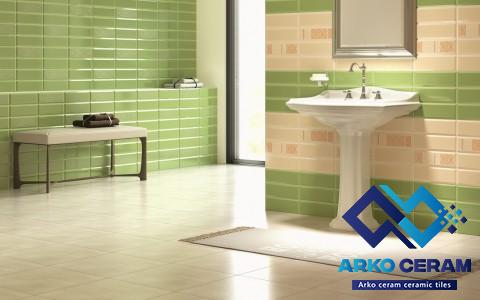
.
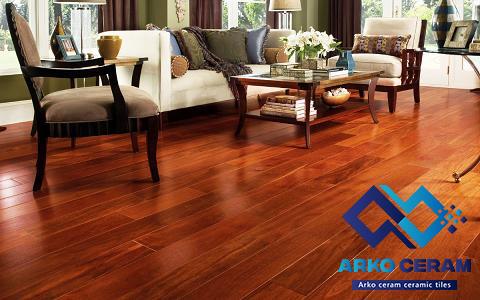 What is Ceramic Tile? Ceramic tile has been a staple in the flooring industry for centuries. It is a versatile and durable option that can be used in various settings, from residential to commercial spaces. Ceramic tiles are made from a mixture of clay, minerals, and water, which is then shaped and fired in a kiln to harden and set. The tiles are then coated with a glaze to give them a glossy finish and enhance their durability and stain resistance. Advantages of Ceramic Tile: 1. Durability: Ceramic tiles are known for their exceptional durability. They can withstand heavy foot traffic, making them suitable for high-traffic areas like kitchens, hallways, and entryways.
What is Ceramic Tile? Ceramic tile has been a staple in the flooring industry for centuries. It is a versatile and durable option that can be used in various settings, from residential to commercial spaces. Ceramic tiles are made from a mixture of clay, minerals, and water, which is then shaped and fired in a kiln to harden and set. The tiles are then coated with a glaze to give them a glossy finish and enhance their durability and stain resistance. Advantages of Ceramic Tile: 1. Durability: Ceramic tiles are known for their exceptional durability. They can withstand heavy foot traffic, making them suitable for high-traffic areas like kitchens, hallways, and entryways.
..
2. Versatility: Ceramic tiles come in a wide variety of colors, patterns, and finishes, allowing you to create a unique and personalized look for your space. They can mimic the appearance of natural materials such as stone, wood, or marble. 3. Low maintenance: Ceramic tiles are relatively easy to clean and maintain. Regular sweeping and occasional mopping with a mild detergent are usually sufficient to keep them looking pristine. 4. Water resistance: Ceramic tiles are non-porous, making them highly resistant to water and moisture. This characteristic makes them an ideal choice for bathrooms, kitchens, and other areas prone to spills and humidity.
…
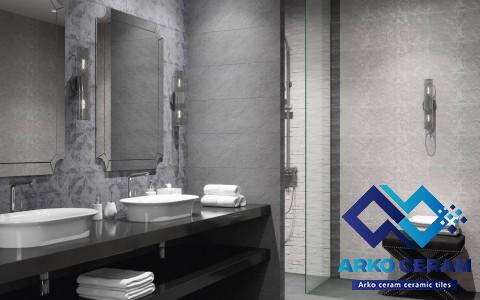 Disadvantages of Ceramic Tile: 1. Cold and hard: Ceramic tiles are not known for their warmth or cushioning. They can be cold to the touch, especially in colder climates, and may not be the best choice for areas where you want a softer surface, like bedrooms or living rooms. 2. Prone to cracking: While ceramic tiles are generally very durable, they can still crack if subjected to heavy impact or if an uneven subfloor is present. It’s important to ensure a proper installation and maintenance throughout the tile’s lifespan. 3. Installation challenges: Installing ceramic tiles can be a complex process, requiring skilled labor and technical expertise. It is best left to professionals to ensure proper alignment, grouting, and sealing. What is Cap Tile? Cap tile, also known as capping tile or V-cap tile, is a specific type of ceramic tile designed for use on countertops, backsplashes, and stair treads. It is named after its distinct V-shaped edge, which allows for seamless transitions between horizontal and vertical surface applications. Cap tiles are usually made from the same materials as regular ceramic tiles, but their specialized shape sets them apart.
Disadvantages of Ceramic Tile: 1. Cold and hard: Ceramic tiles are not known for their warmth or cushioning. They can be cold to the touch, especially in colder climates, and may not be the best choice for areas where you want a softer surface, like bedrooms or living rooms. 2. Prone to cracking: While ceramic tiles are generally very durable, they can still crack if subjected to heavy impact or if an uneven subfloor is present. It’s important to ensure a proper installation and maintenance throughout the tile’s lifespan. 3. Installation challenges: Installing ceramic tiles can be a complex process, requiring skilled labor and technical expertise. It is best left to professionals to ensure proper alignment, grouting, and sealing. What is Cap Tile? Cap tile, also known as capping tile or V-cap tile, is a specific type of ceramic tile designed for use on countertops, backsplashes, and stair treads. It is named after its distinct V-shaped edge, which allows for seamless transitions between horizontal and vertical surface applications. Cap tiles are usually made from the same materials as regular ceramic tiles, but their specialized shape sets them apart.
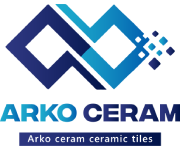

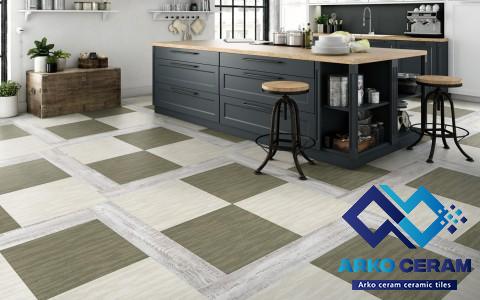
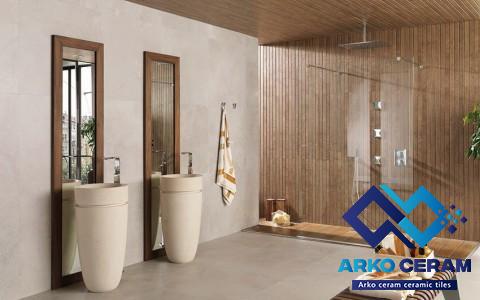
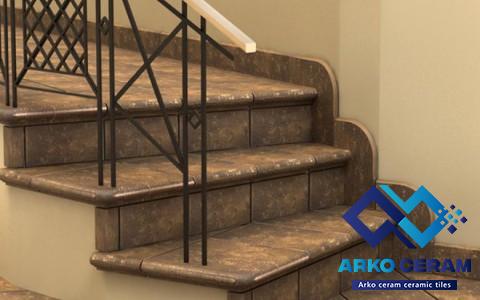
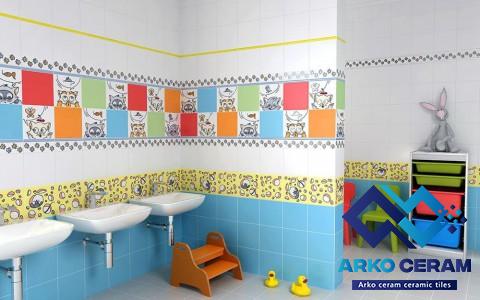
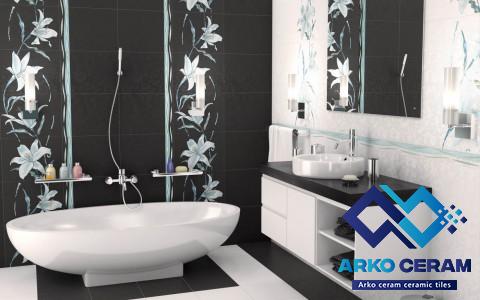

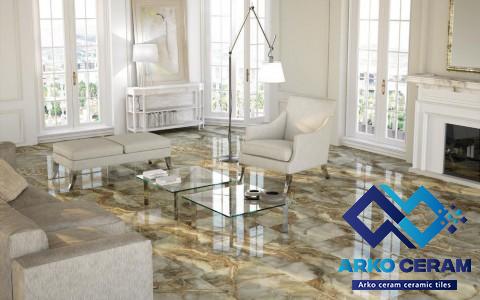
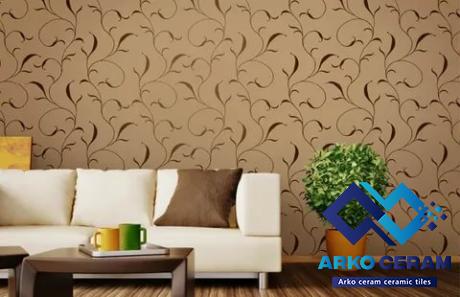
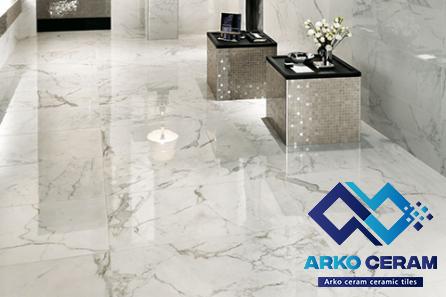
Your comment submitted.